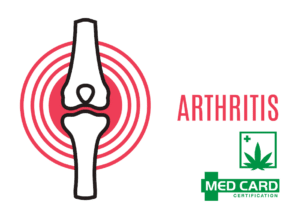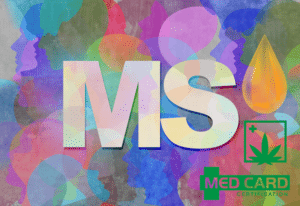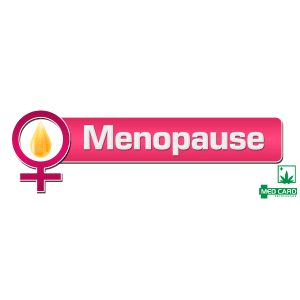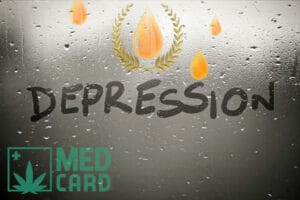CBD has been reported to be a safer treatment option of epilepsy. Traditionally, epileptic patients are treated with one or more anti-seizure pharmaceutical drugs, including valproic acid, phenytoin, primidone, clonazepam, phenobarbital and ethosuximide. However, most of these conventional medications are not only relatively ineffective, but they also come with many negative side effects such as depression, headache, liver failure, loss of hair, nausea, double vision, weight gain, slurring of speech, irritability, sleep disturbances, sedations, impotence, as well as mood disturbances.
CBD on the other hand has mild side effects which typically do not last for many hours. Moreover, many patients have resorted to using CBD instead of the conventional medications since it has also been reported that an estimated 30 percent of epileptic patients are resistant to the traditional anti-seizure drugs.
Seizures are sudden uncontrollable electrical disturbances in the brain, which can cause changes in movement, feelings, behavior as well as in the levels of consciousness. Even though seizures can range from severe to mild, anyone who has two or more seizures or the tendency to have recurrent seizures is considered to be suffering from epilepsy.
Seizure types vary depending on how and where they begin in the brain. Seizures often last between 30 seconds and 2 minutes and a seizure that lasts longer than five minutes should be considered a medical emergency.
Even though the cause of seizures is unknown in many cases, it could easily occur after a stroke, a closed head injury as well as infection such as meningitis and other illnesses. Some of the most common signs and symptoms of seizure include temporal confusion, a staring spell, loss of consciousness or awareness, uncontrollable jerking movements of the arms and legs, as well as cognitive or emotional symptoms like fear, anxiety and déjà vu. Even though seizures can be controlled with medications, managing it can still have a significant impact on the daily life of the patient.
Several studies have suggested that the cannabidiol (CBD), which is a non-psychoactive component of medical marijuana is effective in reducing the symptoms of seizures. A research that was published in the New England Journal of Medicine clearly highlighted that CBD could be an effective anti-seizure agent. This study involved 120 children and teenagers with a rare genetic epileptic disorder known as Dravet Syndrome. It should be noted that Dravet Syndrome is characterized by frequent and prolonged seizures, which could be so severe to respond to drugs.
That said, during this study, the researchers divided the group of participants into two halves, with one group receiving CBD treatment while the other received a placebo. The findings from this study revealed that the group that received CBD over a period of 14 weeks experienced a significant decrease in the number of seizures. As a matter of fact, the children who were given CBD experienced a substantial reduction in seizures, from 12.4 to 5.9 seizures on a monthly basis.
On the other hand, the other group of children who were given the placebo rather showed minimal contrast at 14.1 seizures per month to 14.9. The researchers therefore concluded that the study clearly established cannabidiol (CBD) as an effective anti-seizure drug.
More research was conducted by the cannabis clinicians in Maine, Washington, and Wisconsin. The findings that were reported in a peer reviewed article showed the unique advantages of CBD in treating seizures associated with epilepsy. According to the authors of this study, there was at least some level of seizure reduction in all the patients that participated in the study. Besides, some of the patients went into complete remission after medicating with CBD.
In 2003, another study was conducted at the Virginia Commonwealth University. The authors of this study noted that CBD provides benefits that are not typically found in the conventional pharmaceutical medications used in treating seizures or epilepsy. It is worthy to note that the lead researcher of this study had been investigating the therapeutic effects of cannabis on epilepsy and other illnesses for more than a decade before this research was eventually carried out. This study was therefore the first to prove that CBD could decrease seizures through the activation of the brain’s CB1 receptors, which are found in the memory-related areas of the brain and within the nervous system.
The findings from a study that was conducted at the Children’s Hospital in Colorado also indicated the therapeutic value of CBD in reducing epileptic seizures. During this study, some patients suffering from epilepsy were given a cannabis extract that contained CBD. The researchers, however, found out that 57 percent of the patients experienced some reduction in seizure, whereas 33 percent experienced seizure reduction by 50% or more.











